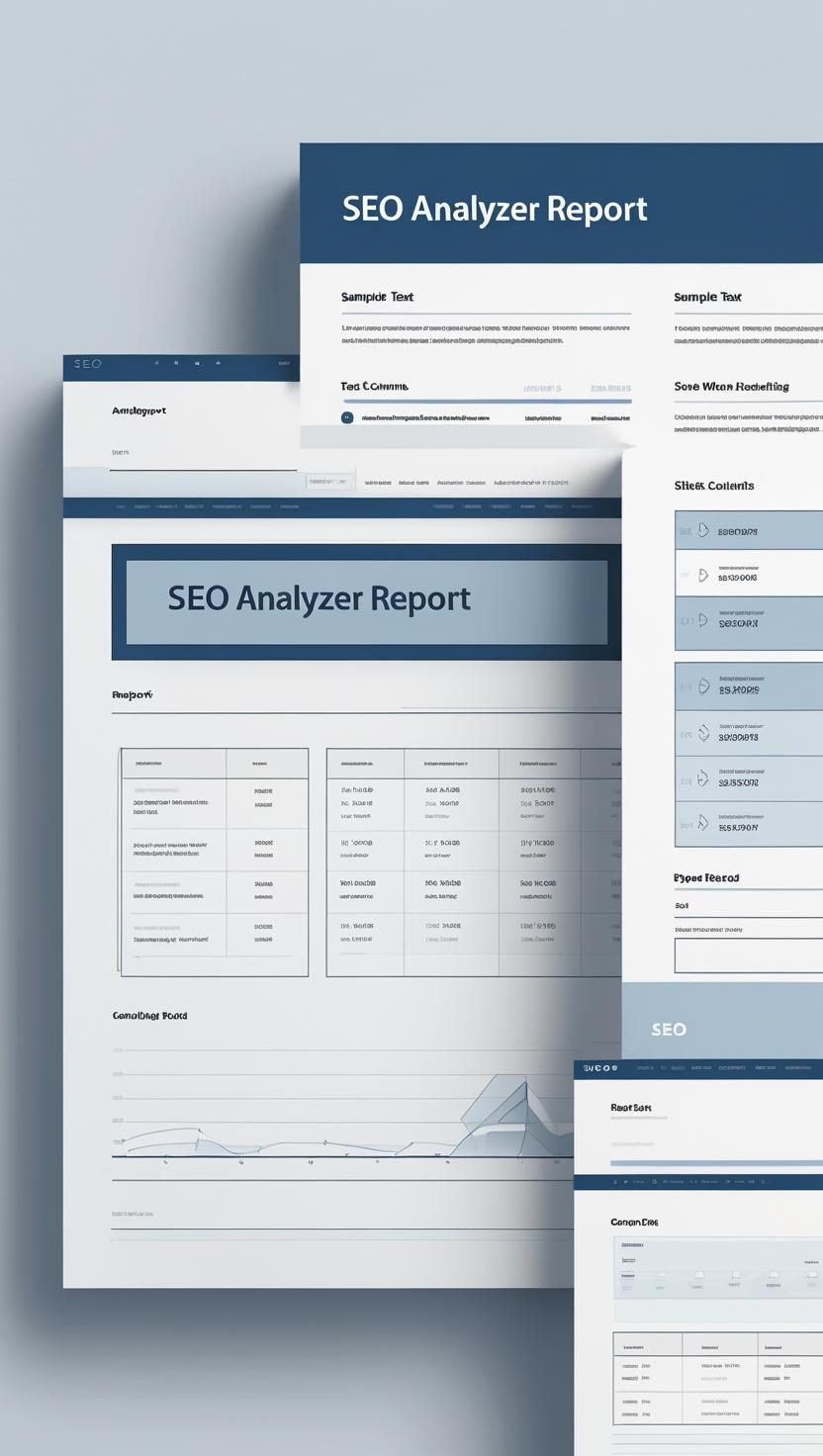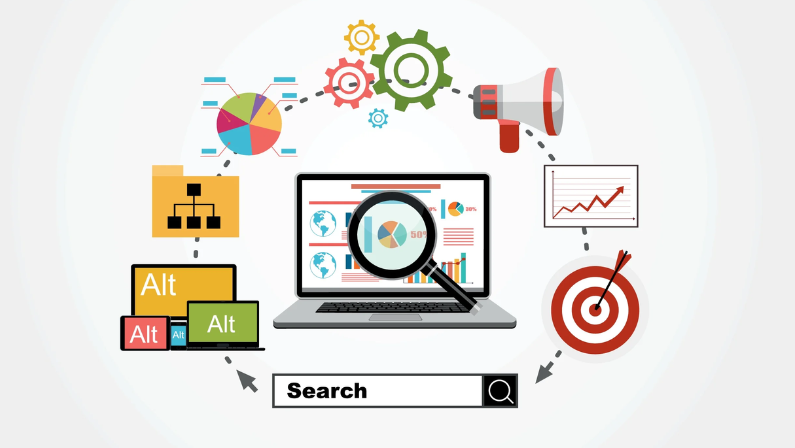Key Elements Local Businesses Should Analyse
To truly improve your local search rankings, an SEO analyser should help you scrutinize several critical areas:
1. NAP Consistency (Name, Address, Phone)
Your business’s Name, Address, and Phone number (NAP) are foundational for local SEO. Consistency across all online platforms, especially Google Maps and local directories, is vital for Google to trust your business information. Mix-ups can throw search engines off and hurt your rankings. A decent SEO tool will check a bunch of directories to spot any mismatches in your NAP info, helping you fix them and create a strong, reliable online presence.
2. Google Business Profile Optimization
Your Google Business Profile (GBP), formerly Google My Business, is arguably the most important local SEO asset. An SEO analyser can audit your GBP listing to ensure all critical information is accurate and complete. This includes checking:
- Categories: Are you using the most relevant primary and secondary categories?
- Hours: Are your business hours accurate and updated for holidays?
- Images: Have you uploaded high-quality, relevant photos of your business, products, and team?
- Q&A: Are you monitoring and answering customer questions promptly?
- Reviews: Are you actively encouraging and responding to customer reviews?
Making these changes shows Google that your business is up-and-running, relevant, and dependable.
3. Local Keyword Rankings
Understanding how your business ranks for relevant local search terms is crucial. An SEO analyzer makes it easier to see how you’re doing with “near me” searches and location-based queries, like “best pizza in downtown [your city].” Effective local keyword research involves identifying terms potential customers in your specific area are using. This info helps shape your content strategy, making sure you’re reaching the right people with stuff that actually matters to them.
4. Local Citations and Backlinks
Local citations are online mentions of your business’s NAP information in directories like Yelp, Yellow Pages, and industry-specific sites. An SEO analyzer can check out these directories to find any missing or inconsistent listings. Building a strong citation profile across reputable local directories helps search engines verify your business’s existence and relevance. Getting backlinks from other local businesses or community sites helps boost your local credibility.
5. Mobile Optimization and Page Speed
Local searchers are often on the go, using their mobile devices to find businesses nearby. Therefore, mobile-friendliness and fast page load speeds are paramount. Many SEO analyser tools integrate with or provide insights similar to Google’s PageSpeed Insights or GTmetrix. Making sure your website works well and loads fast on mobile devices is super important for a good user experience and for showing up in local search results.
Common Issues SEO Analysers Detect in Local SEO
When running an analysis, an SEO analyser often uncovers recurring issues that hinder local visibility:
- Missing or duplicate location pages on a multi-location business website.
- Lack of location-specific schema markup, which helps search engines understand your business’s geographic details.
- Insufficient internal linking to location-specific pages, making it harder for search engines to discover them.
- Slow loading times, particularly on mobile devices.
- Missing alt text on images that contain geographic context, reducing their discoverability.
How to Act on Your SEO Analyser Report
After you get your SEO analyzer report, it’s time to roll up your sleeves and get to work. A strategic approach ensures you address the most impactful issues first:
- Prioritize Technical Fixes: Start with critical technical issues like mobile-friendliness, page speed, and crawlability problems. These form the foundation of your SEO.
- Update GBP and Citations: Ensure your Google Business Profile is fully optimized and correct any NAP inconsistencies found in local directories.
- Build Local Links and Content: Focus on acquiring backlinks from relevant local sources and adding location-specific content to your service pages.
- Re-run Analysis Monthly: Regularly re-running your SEO analyser allows you to track progress, identify new issues, and ensure continuous improvement.

Recommended SEO Analyser Tools for Local Businesses
Choosing the right tool can make a significant difference. Here are some highly recommended SEO analyser options for local businesses:
- BrightLocal: Purpose-built for local SEO, offering comprehensive citation building, reputation management, and rank tracking features.
- Moz Local: Excellent for managing your business listings across various directories and tracking NAP consistency.
- SEMrush Local: Integrates local rank tracking, map visibility checks, and technical audits within a powerful all-in-one SEO suite.
- Ubersuggest: A more budget-friendly option that provides keyword suggestions, site audits, and basic rank tracking.
- Whitespark: Particularly strong for citation building and detailed citation audits, helping you find and fix listing errors.
Conclusion
In essence, an SEO analyser is your local SEO GPS. It clearly shows you where your business stands in local search results and provides a detailed roadmap on how to reach the top. When you pay attention to keeping your NAP consistent, optimizing your Google Business Profile, ranking well for local keywords, building citations, and ensuring your site works great on mobile, you can really use these tools to attract more local customers to your business.
